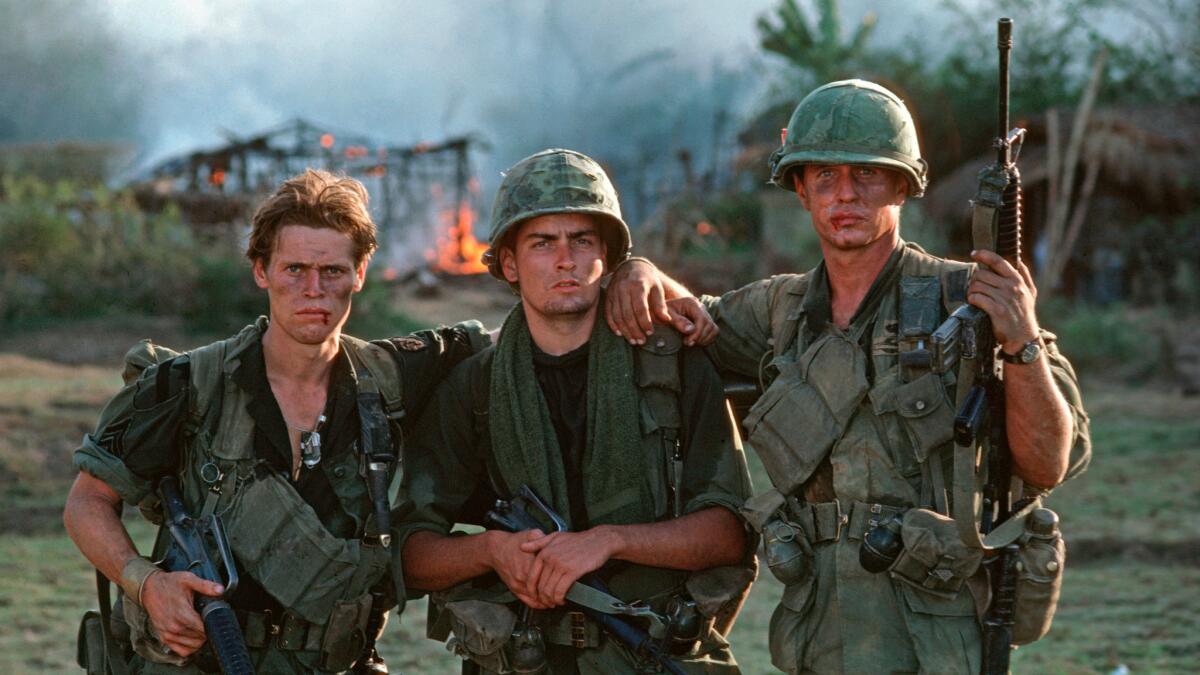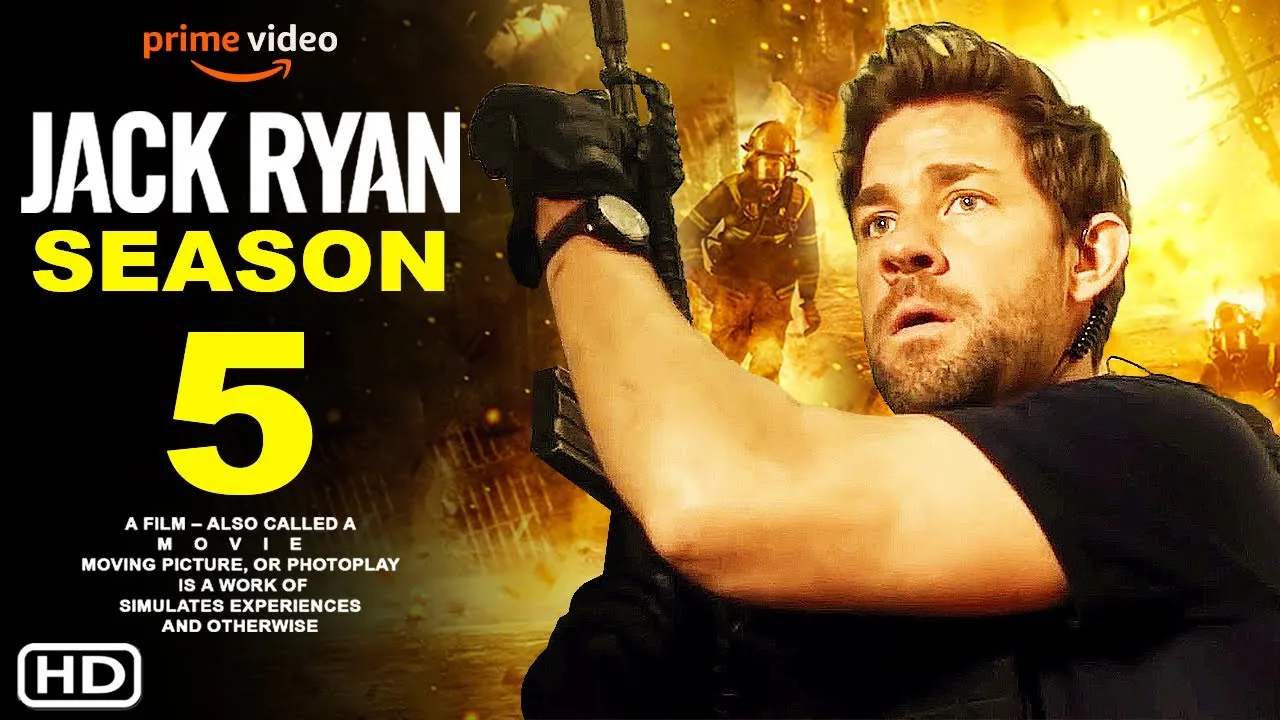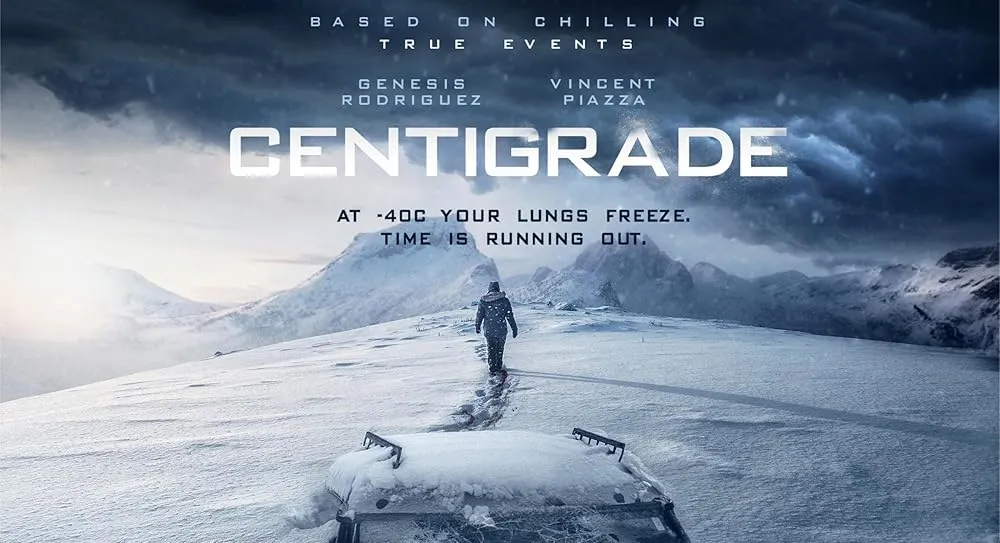Some wars are fought on the battlefield—others are fought in the silence after, where memory and guilt never fade
Michael Cimino’s The Deer Hunter (1978) isn’t just a war film—it’s a harrowing psychological journey that explores the deep, lasting impact of war on individuals, friendships, and entire communities. Winner of five Academy Awards including Best Picture, this haunting epic set against the backdrop of the Vietnam War moves far beyond combat zones to examine what war does to the soul. It’s a film about love, loyalty, trauma—and the ghosts we carry long after the shooting stops.
Set in a small steelworking town in Pennsylvania, the story follows three lifelong friends—Michael (Robert De Niro), Nick (Christopher Walken), and Steven (John Savage)—who enlist to fight in Vietnam. Before they go, the film spends almost an hour immersed in their working-class world, showing their camaraderie, traditions, and a joyful but melancholic wedding that marks the end of their innocence. This extended prologue, once criticized for its slowness, has since been praised as essential: it shows what’s at stake when these men are sent into chaos.

The Vietnam War sequences are unflinching and brutal—not just in physical violence, but in emotional terror. In its most infamous and disturbing scene, the three friends are forced by their captors to play Russian roulette, a horrifying metaphor for the randomness and cruelty of war. The psychological scar left by this moment becomes the emotional core of the film, especially for Nick, whose fate becomes increasingly tragic.
De Niro delivers a masterful performance as Michael, the quiet leader whose stoicism masks immense internal struggle. His transformation—from confident hunter to broken survivor—is subtle yet devastating. Walken’s portrayal of Nick, once gentle and kind but ultimately shattered by war, earned him a well-deserved Oscar. Their performances are raw, vulnerable, and unforgettable.
But The Deer Hunter isn’t just about the battlefield—it’s about coming home. The final act focuses on the survivors trying to reintegrate into a world that no longer feels like theirs. The film doesn’t offer easy closure or patriotic reassurance. Instead, it confronts the silence, guilt, and absence that haunt those left behind. Cimino paints with emotional realism, using quiet moments—stares, pauses, unsaid words—as powerfully as bullets or explosions.
The film closes with a mournful version of “God Bless America,” sung not in triumph, but in grief. It’s not a celebration—it’s a lament. And that’s what makes The Deer Hunter a masterpiece. It doesn’t glorify war. It honors the lives affected by it and insists that we look, feel, and remember.




